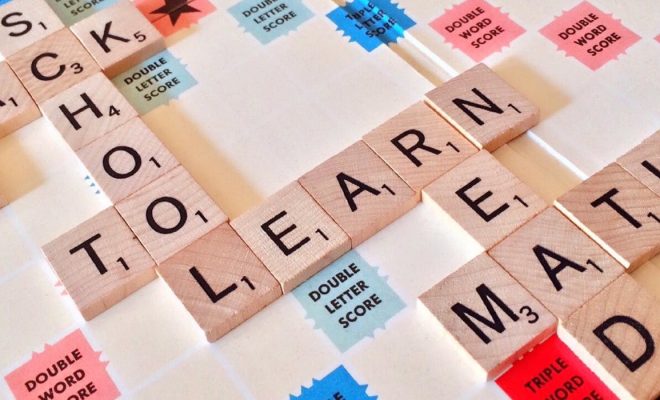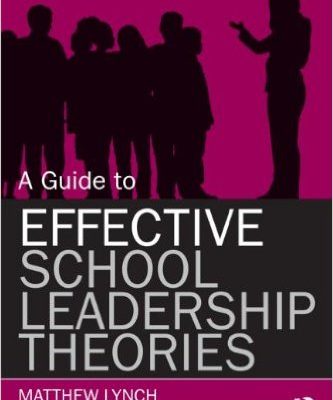Cheating and Technology – Unethical Indifference

Academic dishonesty is nothing new. As long as there have been homework assignments and tests, there have been cheaters. The way that cheating looks has changed over time though, particularly now that technology has made it easier than ever. Perhaps the most interesting caveat of modern-day cheating in U.S. classrooms is that students often do not think that what they are doing is wrong.
A study by the Josephson Institute of Ethics interviewed 23,000 high school students and asked them a variety of questions about academic ethics. Of the teens surveyed, 51 percent said that they had knowingly cheated at some point on an exam but that they had no qualms about the behavior. A Common Sense Media survey found that 35 percent of students had cheated via cell phone, though the parents surveyed in that particular study did not believe their kids had ever cheated. In many cases, students did not realize that tactics like looking up answers on a smartphone were actually cheating at all.
In today’s K-12 classrooms, students who cheat are rarely caught. There are no formulas written on in the insides of hands or students looking across the aisle, or whispering answers to their classmates. Today’s students use smartphones, tablets or even in-class computers to aid their cheating endeavors and leave no trace of their crimes. Since cheating through technology is not listed specifically as being against the rules in many school policies, students do not view the actions an unethical.
Consider the following ways that technology aids in modern-day academic dishonesty:
• Storing notes on a cell phone.
• Purchasing prewritten papers online, or ordering them to be customized.
• Writing a paper that is basically the same as something else found online, but changed enough to look original.
• Students text messaging each other answers.
• Using a smartphone camera to take a picture of a test or exam.
• Using voice recorders or virtual assistance programs to record or ask for answers.
Most of the tactics on this list were non-existent 10 years ago, or at least the technology was not in common use by young people. A Pew Internet survey found that 78 percent of teenagers have mobile phones, up from just 23 percent in 2011. The technology is being adopted so quickly that school districts cannot adequately keep up with cheating policies, or even awareness campaigns that alert students to the problem with using technology to find answers in a certain way.
From a young age, students learn that answers exist at their fingertips through search engines and expert websites. It is more efficient to just look up the answers through the hard work someone else has already done than to find the answers on their own. K-12 students are not the only culprits though. When was the last time you went to the library or dug through physical records or documentation to find the answer to something? Adults take advantage of the convenience of technology all the time – even in the workplace. The difference, of course, is that most adults grew up at least partially technology-free. Today’s students will not have that life experience and instead will have learned the quickest ways to find answers – not necessarily the right ones.
Schools must develop anti-cheating policies that include technology and those policies must be updated consistently. Teachers must stay vigilant when it comes to what their students are doing in classrooms and how technology could be playing a negative role in the learning process. Parents must also talk to their kids about the appropriate ways to find academic answers and alert them to unethical behaviors that may seem innocent in their own eyes.
What do you think can fix the technology/cheating issue?
Read all of our posts about EdTech and Innovation by clicking here.






